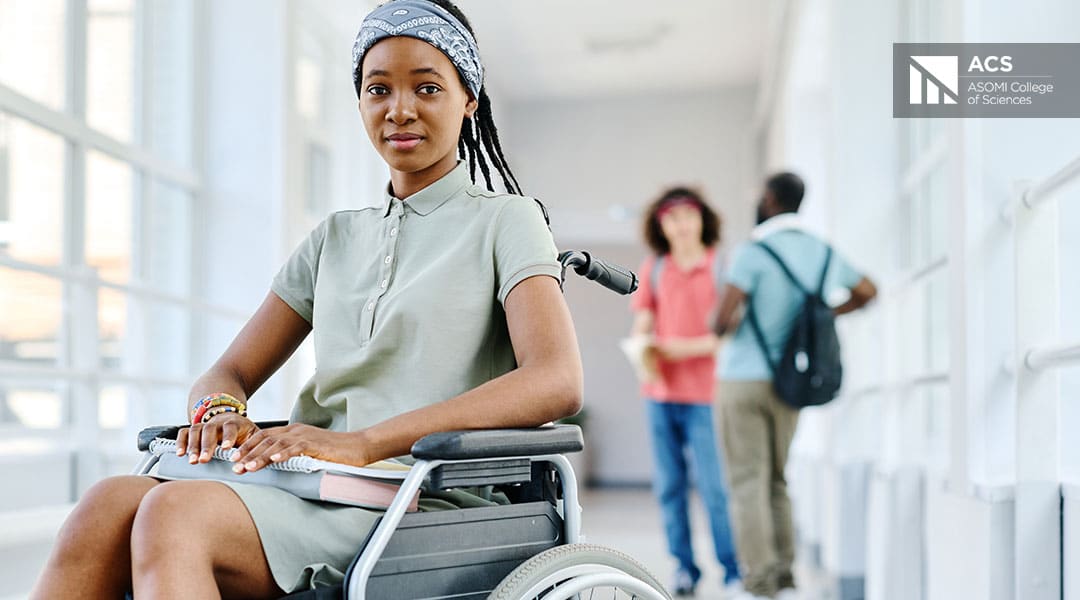Disability policies in the European Union.
The European Union implements several strategies every year for the improvement of society and the quality of life. These strategies include several policies on improving different situations, from gender equality and awareness to policies on migrants and their inclusion.
The agenda.
Disability-related issues are part of these implementations, and the European Union has shown that the topic is high on its agenda.
To implement these policies, the European Commission declared a strategy for the rights of persons with disabilities, a programme lasting from 2021 to 2030. That programme is the continuation of the same-named initiative from 2010 to 2020. These two strategies mentioned above are a part of the European pillar of human rights.
Areas to be taken care of.
Accessibility for persons with disabilities and the promotion of the rights of disabled people began with the 2010-2020 programme.
Nevertheless, people with disabilities still face problems with access to:
- healthcare,
- education,
- political life (especially participation in it),
- employment and
- recreation activities.
2021-2030
The ongoing 2021-2030 strategy faces all the above problems in and outside the EU. Of course, the action of the EU states has to be coordinated on both sides: the Member States have to work on local and regional levels as well as on a more collective aspect or, in other words, on a European scale.
The strategy aims to give people with disabilities a life where they do not have limits or barriers imposed by institutions. The aim is to give people with disabilities proper conditions in the workplace, to let them live independently, and equal opportunities.
Moreover, to do all that by being an active part of society and the surrounding community. They have to have the right and the chance to be part of the society as a whole without limits, having equal rights with others.
The current strategy touches upon three macro-areas:
- The rights of persons with disabilities in the European Union
- Their right to live independently and autonomously
- Equal opportunities and non-discrimination of persons with disabilities
However, let us have a deeper look into each of these areas.

People with disabilities have the right to partake in politics and to move. There is currently a pilot project in 8 Member States at the end; the European Commission will propose a European Disability Card by the end of 2023.
This card gives people with disabilities the same rights as all other European citizens to move to another country and move on the territory of the European Union. Besides, another aim by 2023 is to ensure that disabled people will have the chance to participate in politics and electoral progress.
The right to live independently and autonomously
Disabled people have the right to be independent, life as such, and choose where they want to live and with whom. In addition, this policy will be reinforced by initiatives aimed at their inclusion in the community by enhancing social services for disabled people.
Equal opportunities and non-discrimination of persons with disabilities
The programme also aims to reduce the violence and/or discrimination against people with disabilities. It is done by raising awareness of their condition. Disabled people have equal education, sport, and justice opportunities. It is needless to say that employment and healthcare are also to be considered. Even if the last programme (the 2010-2020 version as mentioned above) already addressed these issues, many improvements still exist to give equal rights to persons with disabilities.
The strategy.
In other words, the strategy for the 2021-2030 programme is:
Allowing disabled people to enjoy human rights such as moving to another country in the European Union or participating in politics and electoral progress. Moreover, the European Union aims to give people with disabilities the freedom to live autonomously and independently.
That means they can choose where to live and with whom. Moreover, initiatives are also implemented to improve their employment and teach them new skills for jobs. The last two actions improve their adaptability in society.
In fact, they will be more protected through active participation in society. Besides, to improve the protection from discrimination, the European Union allows disabled persons proper access to legal protection and justice.
ACS – ASOMI College of Sciences stays constantly updated on what happens in the EU and its policies.
If you want to know more about our EU-related initiatives, click here.




